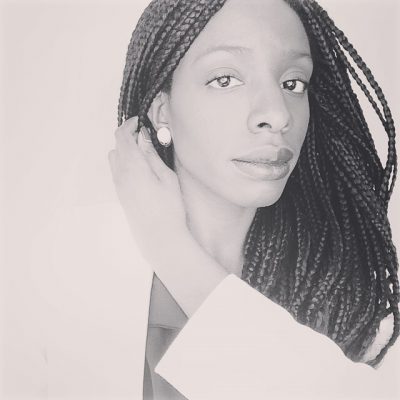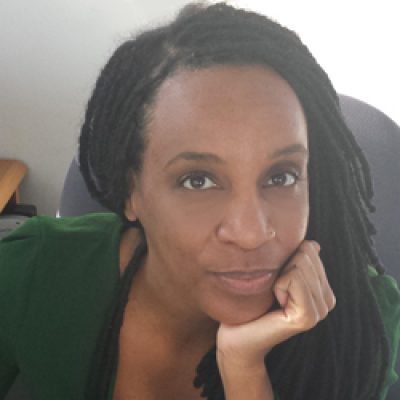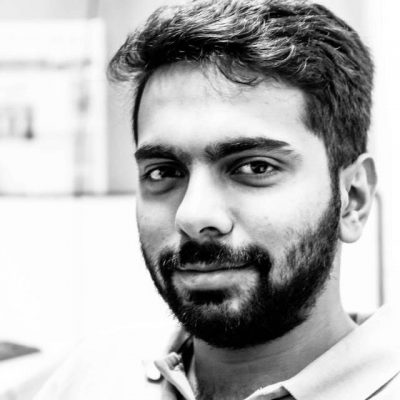Article
A French-Cameroonian raised in the southern suburb of Paris (Viry-Châtillon), Honorine Goueth has built a career in international affairs and cross-cultural education. She has worked with diplomatic missions, universities and as an aid to a member of the U.S. Congress. She then served as the COO of Little Africa, a quickly growing Black woman-owned agency which focuses on elevating cultures from Africa and its diaspora. Today, Honorine is part of Quidam, a French political empowerment organization, and she recently founded the The D Project, a virtual platform empowering people to redefine world citizenship in their own terms. Honorine was both a Lantos fellow and a Yenching scholar. She holds a dual BA in History and Hispanic studies from Paris-Sorbonne as well as a MA in Contemporary History from the same university. She received her LL.M in China studies from Peking University.
Honorine began her career with the Bolivian Embassy in Paris before serving as an International Relations Officer for several universities. As a recipient of Humanity in Action’s Congressional Fellowship, Honorine provided legislative support on education, foreign affairs and social development portfolios to Congresswoman Cheri Bustos (IL-17) in the United States House of Representatives. Her experience also includes training in protocol at the U.S. Ambassador’s office in France, serving as a diplomatic liaison during COP21, and working in the Office of the President of the General Assembly at the United Nations. In her former role as the COO of Little Africa, Honorine advanced the organization’s mission to create a healing space designed to change narratives regarding African descents in France and reclaiming the greatness of African culture by promoting African artists and advocating for better representation in the cultural sector. Little Africa’s work today also connects the African diaspora through digital platforms, publishing, and placemaking.
Honorine’s time abroad shaped her identity as a world citizen. Travelling with a privileged passport while being a Black woman gave her a unique perspective on the power dynamics and attitudes underlying the concept of global citizenship. Today, she continues to build on her experiences, including the multiple Global Citizenship Education programs she participated in, to create a movement for redefining the practice of global citizenship. Her vision is to empower people around the world to acknowledge and confront the history of colonization so that these injustices may be rectified. In seeking to redefine engagement with the concept of global citizenship, Honorine is committed to centering racism and racial injustice in approaches to international development while ensuring that those impacted by these programs drive the conversation.
Although Honorine’s myriad experiences, from the Erasmus program at the University of Barcelona nearly ten years ago to her time at the Yenching Academy of Peking University, all played a role in inspiring her to pursue her vision, the most impactful experience was through Humanity in Action.
“Indeed, the fellowship disrupted my life at a time when I was in dire need of new perspectives to help me process my personal and professional experiences. I still recall my attitude at the beginning of the program: globally silent and focused on absorbing information as I worked to reconcile my everyday life with all of these critical theories!”
“Since the fellowship took place in the middle of the neighborhood of Château rouge, aka Paris’s Little Africa, the experience also brought me back to the neighborhood that my mother used to bring my sisters and I for haircare, food, and music that was not available elsewhere in the city. This unexpectedly forced me to examine these memories on top of a deep process of deconstruction. That changed me.”
Afterwards, Honorine felt the necessity of applying her newly-collected knowledge. Her experience in Little Africa pushed her to grow professionally and like her time at the United Nations, which brought her to the US for the very first time, gave her a new perspective on the lived experience of global citizenship. Overall, her experience through the Humanity in Action Fellowship bolstered her sense of activism and identity as a minority individual capable of understanding and combating systemic inequalities.
Honorine’s work and research later brought her to Beijing, where she studied Sino-African partnerships as a Yenching Scholar. After leaving China, Honorine joined the collective Quidam, a French political empowerment school like Justice Democrats or Vote, Run, Lead in the US, in order to discover practice of alternative forms of political engagement. The most recent work she undertakes as the founder of The D Project, aims to empower people around the globe to critically engage with the practice of world citizenship and redefine world citizenship in their own terms.







